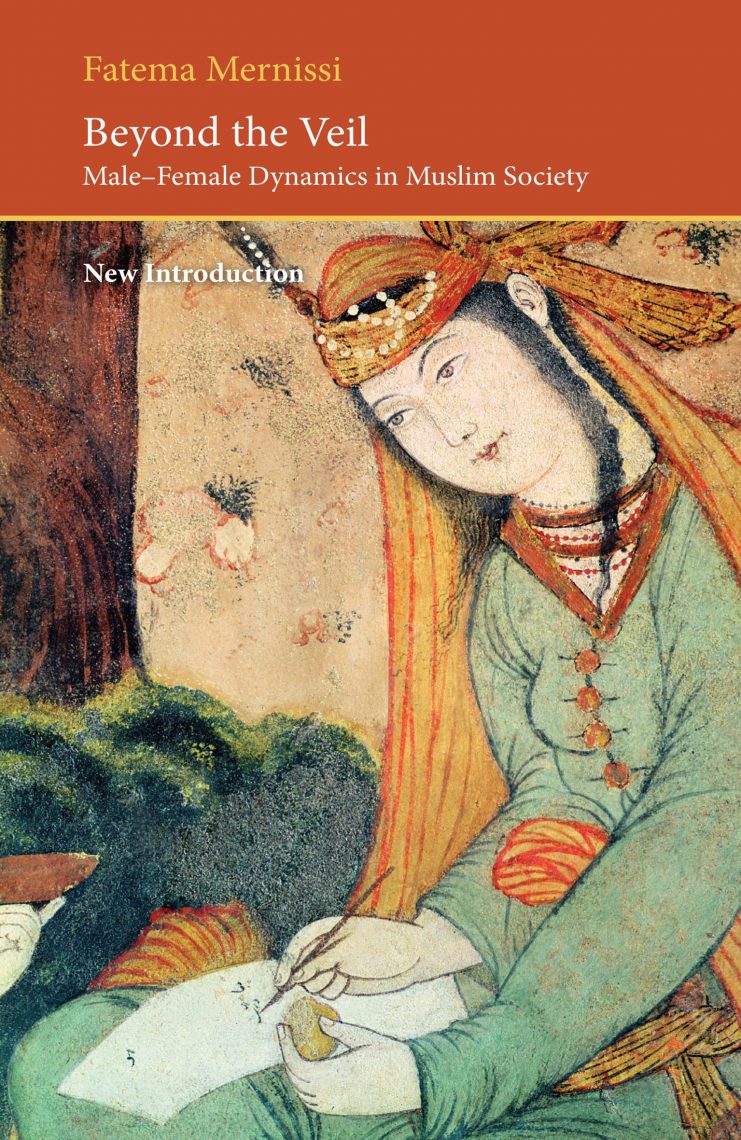

Credited as one of the founders of “Islamic feminism,” she inspired Muslim women all over the world to advocate for women’s rights from a faith-based position. She significantly contributed to the emergence of “Third World feminism,” fostering pan-African and transnational feminist solidarity.

She was also dedicated to shedding light on subaltern women’s agency, amplifying their voices for the hearing of decision-makers and development planners. In her scholarly writings Mernissi was concerned with identifying and critiquing the different structures that intersect to oppress women, ranging through colonialism, nationalism, patriarchal interpretation of Islam, capitalist development, and imperialism. Her work is multifaceted, intersectional, fluid, and organic.

She was committed to dialogue, dismantling all sorts of boundaries, whether between East and West, South and North, women and men, rural and urban, illiterate and educated, activism and academia, as well as that between fiction and scholarly writing. Fatima Mernissi (1940–2015) was a sociologist, writer, feminist, and activist, and above all a free thinker and an avowed humanist.


 0 kommentar(er)
0 kommentar(er)
